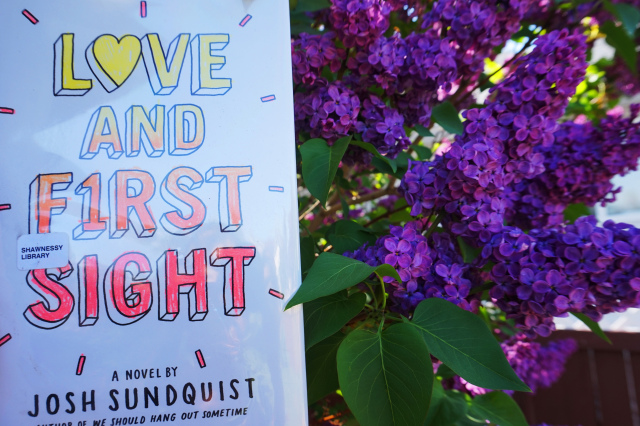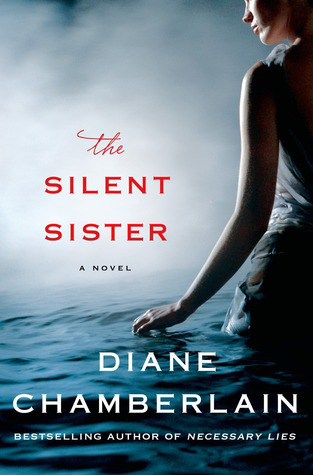
Love and First Sight by Josh Sundquist
Division 4
Received: Library
Publication Date: January 3, 2017
Publisher: Little, Brown
2.75 out of 5 stars
The Blurb:
Will just wants to fit in at his new school. He wants to make a few new friends, but, all in all, he doesn’t want to draw too much attention to himself. That’s going to prove a little difficult, though, because Will was born blind.
The Nitty-Gritty:
This book was super hit and miss for me. There were parts that I really enjoyed and appreciated, but there were just as many parts that made me uncomfortable (and I don’t think it’s because they were challenging my assumptions, or making me question myself). The overall reading experience was mediocre at best.
Let’s start with what I felt Josh Sundquist did well. I really loved the way that he showed how so much of what the people around Will did was well-intentioned, but completely off-base or unhelpful. There were times when someone would try to explain how something looked to Will by comparing it to the way that something else looked – completely unhelpful if you’ve never seen anything before. The vice principal had several moments where he incorrectly assumed that he knew how best to assist Will (despite Will’s protestations). Even Will’s parents often missed the mark, and I feel like this really showed the reader how isolating a disability can be.
I also really appreciated the introduction of the idea of the tyranny of the visual – how with the spread of technology and the written word, visual disabilities have become more and more – I’m not sure if debilitating is the right word, but it’s harder to make do with even acute visual disabilities.
I liked that Will’s motivation for going to mainstream school was because he wanted to become a journalist, and felt that he needed to step outside the bubble of the visually impaired community.
My main concern about this book is that the majority of it focuses on the experimental surgery that could allow Will to regain his vision. There is a lot of focus on all of the things that Will cannot do because he is blind, and while it is sometimes explicitly argued that being able to see won’t necessarily make Will’s life better, it is very much implied throughout the novel that Will’s life is less full because he cannot see. As someone who does not have a physical disability, I can’t say for sure that this book was problematic in that way, but it definitely felt iffy while I was reading it.
Beyond that, Will’s future aspirations kind of took a backseat once the surgery came into play, and he really became a character whose entire identity was wrapped up in the disability. His romance with Cecily was more stiff than adorable. And it really felt like we rushed through the ending.
The Verdict:
If you really want to read this book, I’m not going to tell you to not read it. But even if the representation isn’t harmful, it’s still a mediocre contemporary young adult novel. At best.






